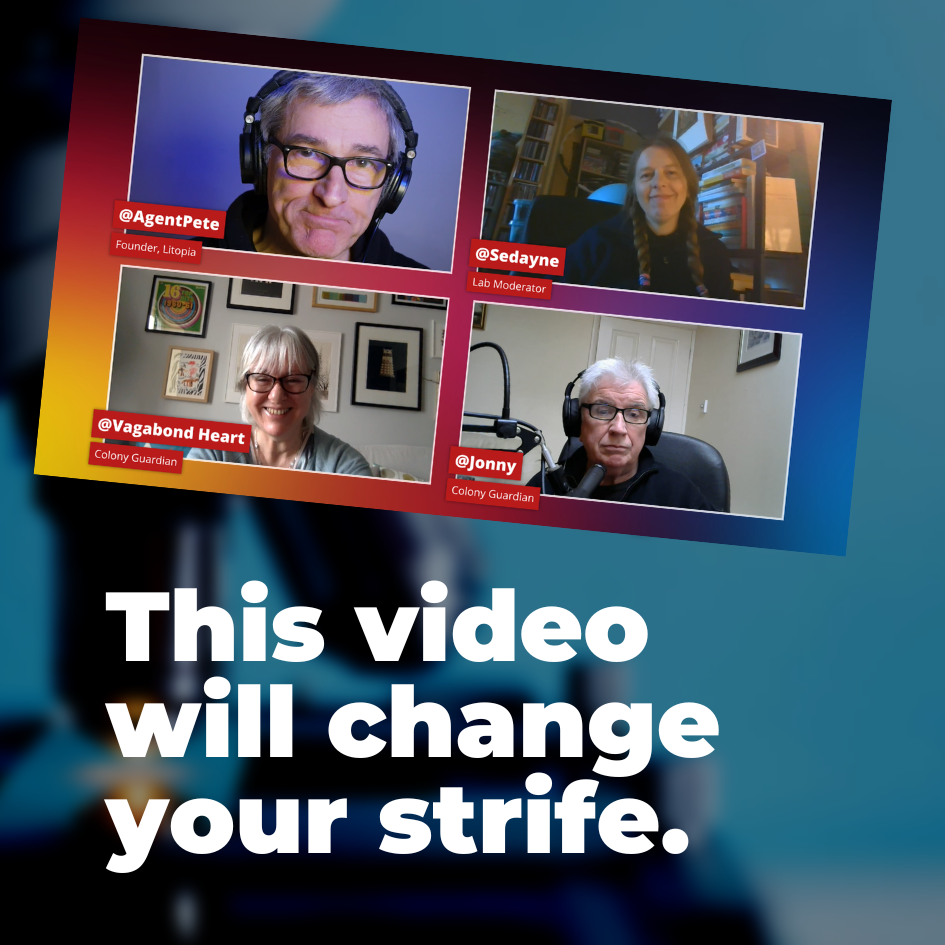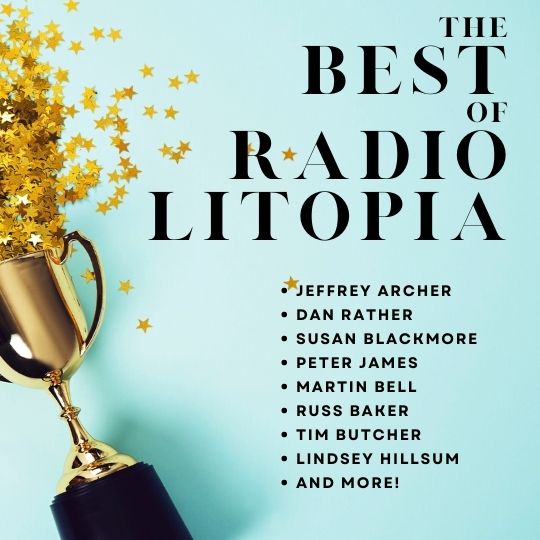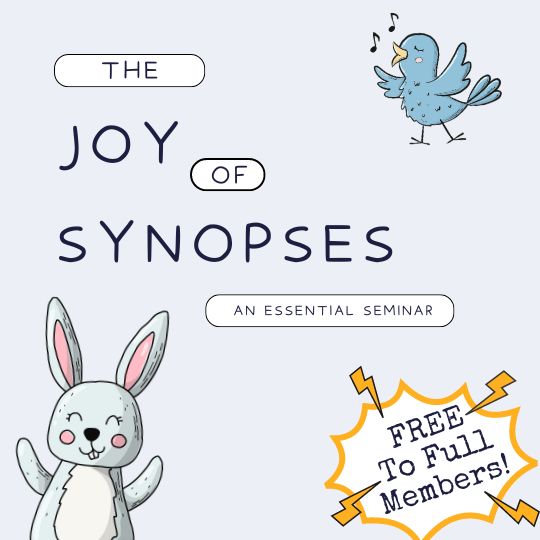I'm afraid I must strongly disagree,
@Rachel Caldecott-Thornton. It's not a fad, for one thing. And no, it won't make you an instant best seller, but it
will remove the distance between your readers and your POV character, thus making your character more fully developed, and overall making the story stronger. Let me give you an example that might help.
Sally felt her pulse race. She looked at John, unable to tear her gaze away from his face. She realized that everything she’d ever wanted was right here, with him. And as she did, she wondered if he felt the same way.
Nothing grammatically wrong with the sentence, but you’re
telling the reader Sally’s emotions, her senses, and her thoughts. We are in Sally’s head. We don’t need to
FILTER the emotion, the senses, or the thoughts. And in not doing so, it eliminates the distance and the passive feel of this paragraph.
Sally’s pulse raced, and she was unable to tear her gaze from his face. Everything she’d ever wanted was right here, with him. But what if he didn’t feel the same way?
We’ve used active verbs and
removed the distance. The content is the same, but now it has a better sense of
immediacy and urgency.
What do I mean by
FILTER WORDS? This list:
Are These Filter Words Weakening Your Fiction? - Write It Sideways
Looking at each instance of where you've used one of these and determining whether you can switch it around and remove the distance -
the filter - is step one in moving from an omniscient POV to a closer, deeper third-person POV.
Writing in close third is a matter of stepping outside the tendency to TELL the story through your POV - the author's - and instead get right inside that POV character and pretend you are there. In his head. You see what he sees. You feel what he feels. You touch what he touches. You smell what he smells. You hear what he hears, and you taste what he tastes.
Let me give you another example:
It was just an ordinary cat. John had seen a million like it in his lifetime, but something about this one called to him. "Hey, fella. Come over here."
At first, the feline eyed him warily so John squatted down to its level and held out his hand. The cat watched, still unimpressed, but John wasn't giving up. He sat on the pavement, not caring who might walk by and think his behavior odd. Green, feline eyes brightened a bit, and the cat sat up straighter, ears upright, chin lifted.
Ah, here we go. He's curious.
When John slowly extended his hand again, this time the cat inched forward until its cold nose touched John's skin. John slid his hand under the cat's chin, gently stroking the fur the way Whiskers always loved.
This cat could be Whiskers, if not for the coloring. Whiskers had been mostly black with a few white spots sprinkled here and there. This adorable fellow was exactly the opposite. Soft white fur dotted with black on its paws and the tip of its tail. Why is he out here alone? No collar, but that didn't mean anything. He looked well-fed and content, which cats living on their own usually don't.
"What shall I do with you, eh?"
When the cat rubbed his hand, the decision was easy.
Now this time, let's put the distance in there:
An ordinary cat came into John's view. He had seen a million like it in his lifetime, but there was something about this one that seemed to call to him. "Hey, fella. Come over here," he said.
At first, John noticed that the feline eyed him warily, so he squatted down to its level and held out his hand. John saw the cat watching him. It didn't look impressed, but John wasn't going to give up. He sat on the pavement. If anyone waked by and thought his behavior was odd, he didn't care. John noticed that the cat's green eyes brightened a bit, and that he sat up straighter with his ears upright and his chin lifted.
"Ah, here we go," he thought. "
He's curious."
When John slowly extended his hand again, this time the cat inched forward until John felt the cat's cold nose touch his skin. John moved his hand under the cat's chin and gently stroked the cat's fur. It reminded him of the way Whiskers always loved to be petted.
John realized that this cat could be Whiskers, except that Whiskers had been mostly black with a few white spots sprinkled here and there. This cat's coloring was exactly the opposite. He had soft white fur that was dotted with black on its paws and the tip of its tail. John wondered why the cat was out here alone. He didn't have on a collar, but that might not mean anything. He looked well-fed and content. Cat's living on their own usually don't look like that.
"What shall I do with you, eh?" he asked.
When the cat rubbed John's hand, his decision was easy to make.
******
We used a lot more words to add that distance, including some unnecessary dialogue tags and a lot of "that" sprinkled in there. If you read it out loud, it's easier to spot the distance in the second example. We're TELLING the reader what John notices, sees, thinks, felt, is reminded of, realizes, and wonders. We've used an omniscient POV in the second example. We're looking down on the scene, describing it.
I hope this makes sense, and I hope it helps.





